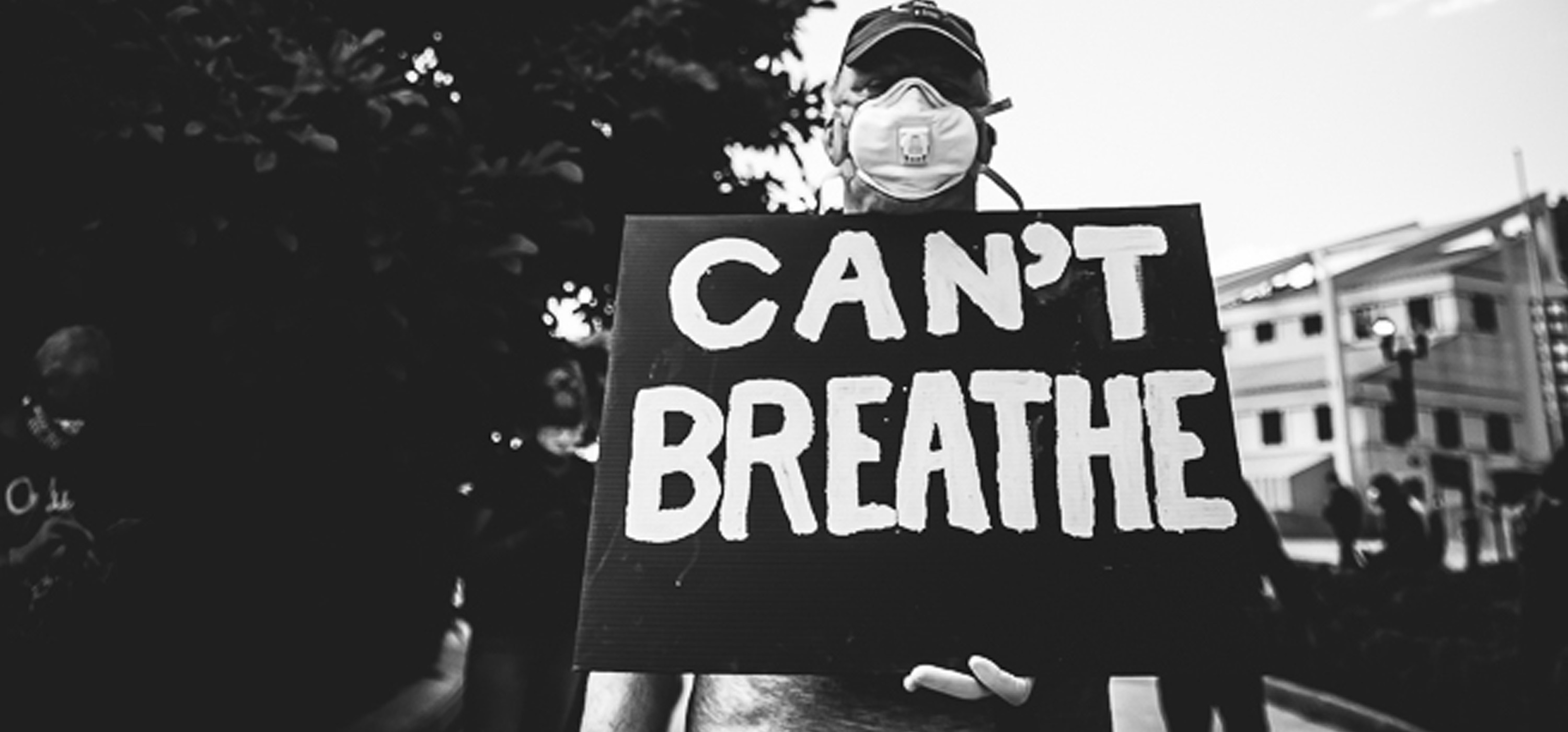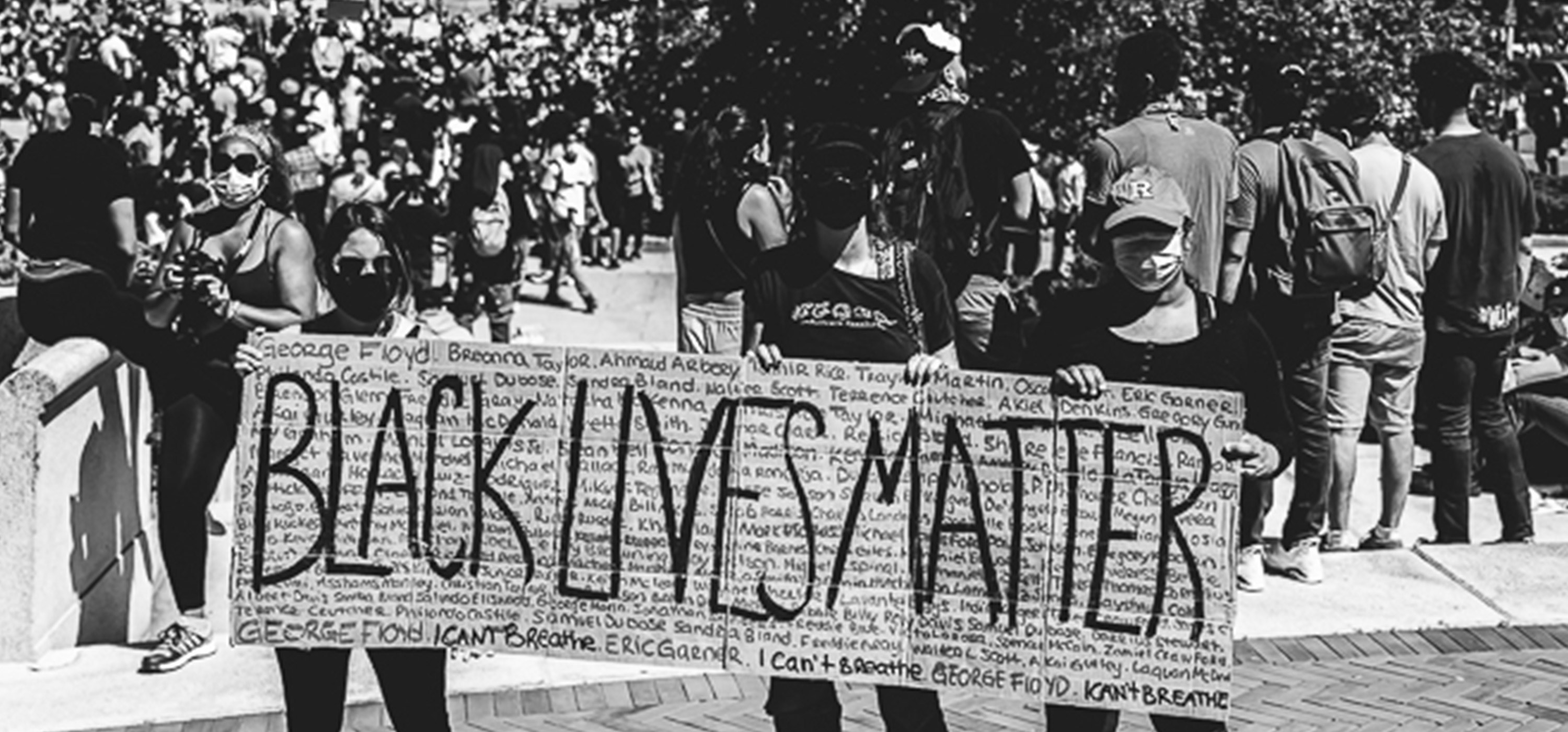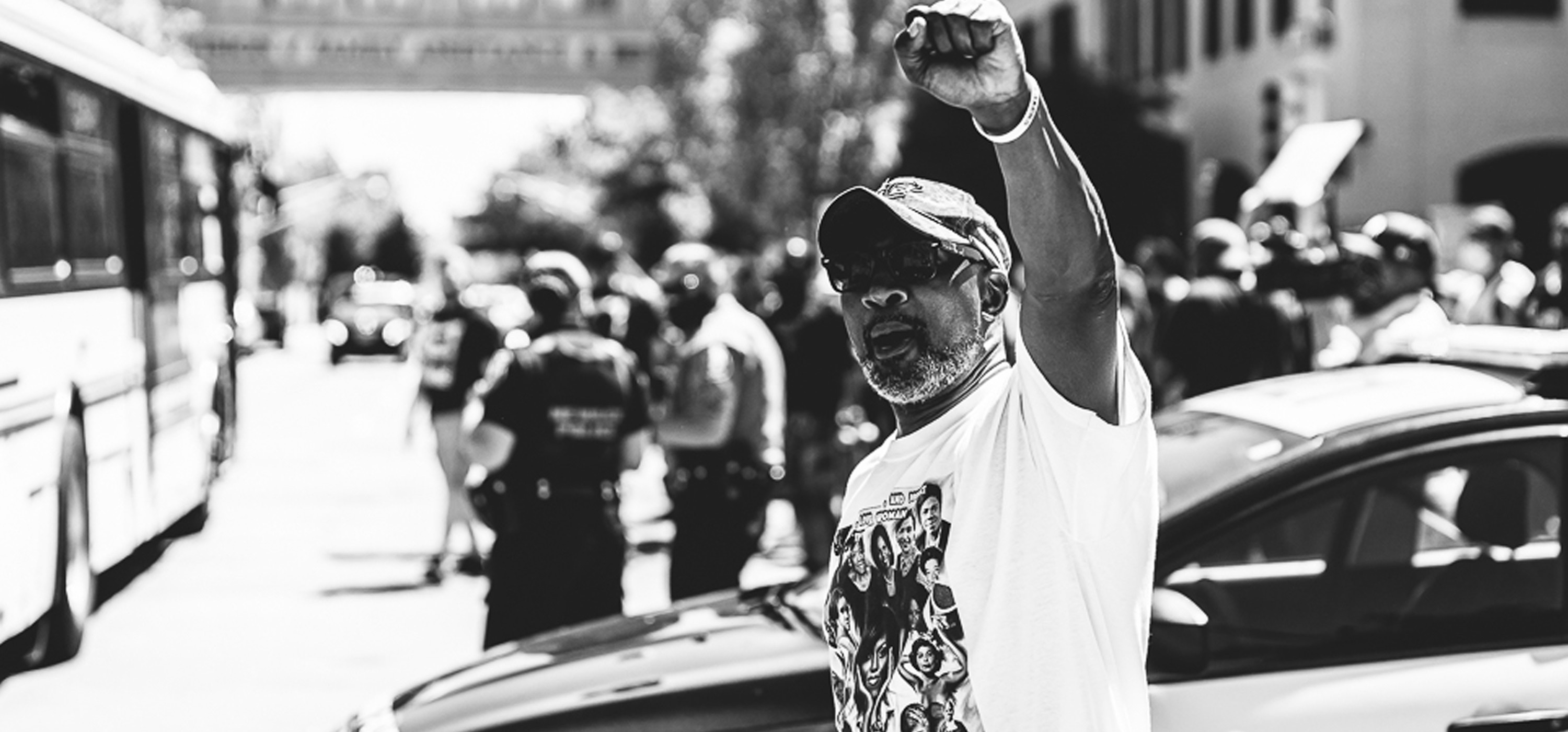
Newark, N.J. On a July evening in 1967, in the city's central ward, a Black cab driver by the name of John Smith signaled to police cars on the road in order to pass them.
Instead, he was stopped, arrested, and beaten.
Word of the latest case of police brutality in the City of Newark, and rumors of Smith's death in police custody -later proved inaccurate- dumped gasoline on the smoldering fire of the city's social injustice, economic hardship, and the chokehold of institutionalized racism.
And as with any case of injustice gone unchecked and allowed to spread for too long, this fire eventually connected with the wick of a primed powder keg.
What followed were five straight days of protests and riots. The National Guard was deployed, millions of dollars in property damage were caused, 1,000 were arrested, and hundreds of people were injured.
26 died.

It was the type of trauma that leaves its imprint on a city and a nation.
Just three months prior, Martin Luther King Jr. uttered a phrase during a speech delivered at Stanford University that continues to have relevance today.
"A riot is the language of the unheard."
This devastating event in Newark happened more than 50 years ago. And we are left to wonder how, as a society of intelligent and compassionate individuals, we could allow injustice to once again go unchecked and allow the wick to once again be lit.
July of 1967 was just a single thread in the tapestry woven by centuries of deep-seated racism in the United States of America.
On May 25, we witnessed another thread being sewn. A widely shared video captured a Minneapolis police officer hold his knee on the neck of George Floyd, a Black man, for nearly nine minutes as he pleaded to the four officers on scene for help.
"I can't breathe," he cried.
Adding to the frustrations of Floyd's recorded death are the recent deaths of Ahmaud Arbery in Georgia and Breonna Taylor in Louisville, to name just two in a list of hundreds this past decade.
In February, Arbery, 25, was chased down by armed white men while jogging in a neighborhood two miles from his home. He was shot three times and the killing was captured on video.
Taylor, a 26-year-old emergency room technician was killed in her home, shot at least eight times in a police drug raid. Taylor's boyfriend, a licensed gun owner, had fired at the police after they had not identified themselves at the door. Taylor was not being investigated, the police found no drugs, and their main suspect and his accomplice were already in custody at the time of the raid.
The tension surrounding these incidents, in conjunction with growing economic hardship and a pandemic disproportionately affecting Black and Brown communities, has caused another fracture in the status quo.
Hundreds of thousands of Americans, and citizens around the world, have spent the last week taking to the streets, screaming for justice, accountability, and for the recognition of the value of Black lives.
This vicious wheel of history repeating itself is tied directly to society's refusal to enact real and long-lasting change. To wholly accept the reality of racism, to talk about it and to dismantle the institutions that uphold it.
Silence or denial in the face of racism is, in itself, a form of racism. But now the silence is being broken everywhere. A protest has happened in all 50 states since Floyd's death.
This past weekend, the city of Newark was once again roaring with pain, frustration, and sadness. Yet, unlike the deadly riots of 1967, the citizens of New Jersey's largest city united in a powerful and peaceful protest.

The echoes of the past still reverberated in the streets of Newark as 12,000 marched, calling for justice for George Floyd and broader change. There were no protest-related arrests, no storefronts smashed or set ablaze, and vandalism was kept to a minimum. Voices were heard.
"A lot of tension, a lot of anxiety, but the community held the line," Newark Mayor Ras Baraka told the New York Times. Mayor Baraka took part in the protest himself and the citizens of Newark brimmed with pride.
The echoes of the past still reverberated in the streets of Newark as 12,000 marched, calling for justice for George Floyd and broader change. There were no protest-related arrests, no storefronts smashed or set ablaze, and vandalism was kept to a minimum. Voices were heard.
"A lot of tension, a lot of anxiety, but the community held the line," Newark Mayor Ras Baraka told the New York Times. Mayor Baraka took part in the protest himself and the citizens of Newark brimmed with pride.
At 25 Lafayette Street, sits Prudential Center - home of the National Hockey League's New Jersey Devils. And while the Devils were not members of the Newark community until October 2007, they are now fully ingrained in the city's future.
As Newark took center stage as a shining example of strong, vocal, impactful and peaceful protest, the Devils organization has taken to social media to stand against social injustice and call for dialogue, education, and change.
Devils defenseman, one of 43 NHL players of Color, P.K. Subban joined the conversation by calling for justice in a video posted to his social media accounts.
"What does 'Change the Game' mean?" he asked, while wearing a hat with the phrase embroidered on it.
Subban has since donated $50,000 to the GoFundMe page of George Floyd's daughter Gianna and the NHL has matched. In addition to Subban, a handful of other Devils players have spoken up amidst an emotional time in the nation's history.

As of Wednesday, all but two teams in the NHL and a large number of the league's players have released statements condemning racism.
The Devils released a statement on Sunday, saying "the racism, prejudice and injustice faced by the Black community and people of color is unacceptable and has no place in our society. We must take it upon ourselves to support one another and strive towards greater accountability.
"The only way we will be able to address these important issues is to work together as a unified community and commit to the change that must happen. We understand that the New Jersey Devils and Prudential Center are important communal assets and we are committed to using that stature to promote meaningful changes in our communities and in our country."
Since then, the franchise has joined internal town halls hosted by Harris Blitzer Sports and Entertainment executives to discuss the racial tension and societal injustices plaguing the nation.
Their Diversity and Inclusion Committee has been consulted, and the club has also spoken with League community officials on the path forward to meaningful dialogue and change. The club's plan of action within New Jersey communities is ongoing, but action is on the way.
The franchise doubled down on their original statement with a video published to social media on Wednesday.
"To remain silent is to support the status quo," the video said. "And we sure as hell will not."
The Devils also stated they are, "committed to developing programs that educate and impact our employees, our sport, and our community."
The video contained powerful images of this past weekend's protest in Newark shot by photographer, Alfred Sarpeh.
The photographs depicted protestors of all backgrounds carrying signs emboldened with the phrases like "Black Lives Matter," "I can't breathe," "I'll use my privilege to protect you," and "white silence is violence."
Sarpeh, an immigrant from Ghana, says he had never experienced "separation" in society until he moved to the United States as a teen.

He uses his skills as a photographer and storyteller to immortalize "love stories," often capturing weddings and beautiful portraits.
However, there is no beauty in his sharing of being pulled over by the police a puzzling number of times.
"I get stopped and so many times I'm late for work just because I was stopped by an officer and this just doesn't make sense to me that I'm getting stopped so many times."
After he watched the death of Floyd play out on video, the all too familiar realization, "that could have been me," washed over him.
I want people to stop seeing Newark in a negative light
Despite this heavy burden of reality in America, Sarpeh sets out to capture "the beauty" of his city of Newark.
"I want people to stop seeing Newark in a negative light," he said. "Every time people talk about Newark, they're saying negative things, and it's not so much in a positive light."
And that's exactly what Sarpeh did at the Newark protests.
The photographer lamented the fact that when he arrived on scene he was unable to capture a pure moment unfolding in front of him. People of different races were hugging directly in front of City Hall. Even though he's not able to share the image, it's one etched into his memory from the day.
"I didn't know what to expect to go on at the protest, but when I got there you can feel the energy of positivity, and unity," he said.
"I appreciate it so much that that the crowd was so diverse, you know, and it wasn't diverse in only one way, in terms of just race. But it was diverse in so many ways in terms of age. I saw old people in wheelchairs, I saw kids who were seven-years old or the five-years-old age group. It was touching to me. I was actually, like, in tears. I've lived in Newark for so long and this is the first time I've seen everyone come together. White, Black, Spanish, everybody was there and all for a common cause."

Sarpeh says he didn't feel the ghosts of the city's past around him, but rather he got lost in that very moment in time. It was a much different present.
"I'm watching different protests on TV and you can see that it was the people versus the police," he said. "But in the Newark protest, the mayor was on the front line. And you see police officers riding their bikes, leading the protest and stopping traffic. So, I felt that the police were part of us. So, it wasn't like, 'we are coming for you guys' or 'it's us against you.' It was us against what's happening in the world and what's happening to Black people. So, I felt the community and that meant a lot to me as a resident. I fell in love with Newark a long time ago and this time around, I fell in love with Newark all over again."
These protests that have happened in Newark and around New Jersey have been an encouraging sight to many. But the peace and progress of that day does not erase the long road ahead for this country.
As Sarpeh shared his experience of the day, one thing must be echoed, "I want society to stop seeing Black people as a threat," he said. "Because we are not a threat. We are not intimidating. We want you to see us as a man, not less worthy because of our skin color."
The collective "we" will ultimately decide if we allow injustice to go unchecked once more.
We will not.
Photo Credit
Alfred Sarpeh
Neal Boenzi/New York Times Co./Getty Images
The Prudential Center trademark and logos are used under license from The Prudential Insurance Company of America, a subsidiary of Prudential Financial, Inc., headquartered in the USA, neither of which is affiliated with Prudential plc, a company headquartered in the United Kingdom.
If you are having problems using this website, including problems accessing any portion of this site using screen reader technology, please call 973-757-6000 or email guestservices@prucenter.com for assistance.